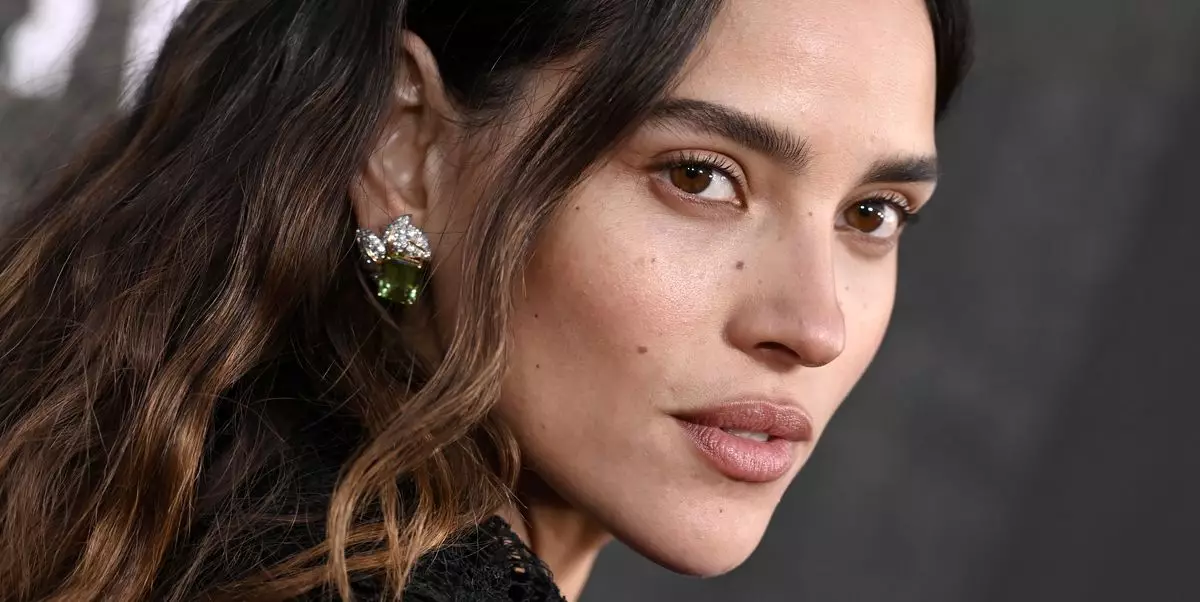The announcement of a new Wonder Woman film signals a pivotal moment for DC fans and the broader superhero landscape. For years, Gal Gadot’s portrayal of Diana Prince became synonymous with the character’s identity, elevating her to an international icon. However, with the franchise now entering a transformative phase, the upcoming film proposes a fresh perspective—one that challenges the familiar and embraces innovation. This shift underscores not just a change in casting but also a fundamental redefinition of what Wonder Woman can represent in today’s cinematic universe. The decision to reboot the character aligns with the modern storytelling imperative: to continually evolve and stay relevant amid an increasingly competitive entertainment environment.
In reimagining Wonder Woman, Warner Bros. and DC aim to move beyond the established mold. The franchise is seeking new talent, both in front of and behind the camera, signaling an openness to diverse voices and storytelling styles. Such a move isn’t merely about replacing Gal Gadot; it’s about redefining the role’s cultural significance and expanding its narrative scope. This new chapter recognizes that iconic characters must grow and adapt to reflect societal shifts, broadening their impact well beyond traditional comic book boundaries.
Behind the Curtain: The Search for a New Wonder Woman
While the casting process remains in its nascent stages, rumors and hints hint at exciting possibilities. Adria Arjona has emerged as a potential frontrunner, piquing public interest after James Gunn’s Instagram follow ignited speculation. Gunn’s casual gesture has been interpreted as a sign of trust and interest, though he clarified that their prior collaboration on “The Belko Experiment” was the basis of their connection, not a definitive indication of her casting. Still, Arjona’s talents and desire to choose meaningful projects position her as a compelling choice—if Warner Bros. and DC decide to align on her suitability.
Arjona’s openness about her artistic ambitions also suggests she understands the importance of evolving within her craft. Her comments reflect a willingness to embrace opportunities with nuance and authenticity, qualities necessary for a role as layered as Wonder Woman. Casting decisions in this phase will likely weigh not only acting ability but also how a candidate embodies the character’s ideals—strength, compassion, and resilience—while also bringing a fresh perspective that resonates with a new generation.
Creative Direction and Uncertain Foundations
As speculation swirls, it’s clear that the revival hinges on the development of a compelling script and visionary direction. Ana Nogueira’s involvement as a potential screenwriter indicates an intention to craft a fresh narrative voice. Yet, the project remains in early planning, with no director officially attached—leaving open the possibility for innovative choices that could redefine the mythos.
The absence of Patty Jenkins from the project’s future is noteworthy. Jenkins’ two films with Gadot achieved critical and commercial success, yet her departure hints at a broader opening for new creative leadership. Warner Bros. appears to be prioritizing methodical development over rushed production, emphasizing quality over speed. This deliberate approach suggests they recognize the importance of doing justice to Wonder Woman’s legacy while also pushing the character into exciting new storytelling territory.
What This Means for the Future of DC’s Cinematic Universe
This reboot reflects a strategic shift within DC’s cinematic approach. By distancing itself from past iterations, the franchise demonstrates a desire to refresh its lineup and engage audiences through diverse narratives. It’s a recognition that characters like Wonder Woman are not static icons—they can and should evolve to reflect contemporary values and issues.
Critically, the emphasis on a thoughtful and measured process signals a maturation within the franchise. There’s a distinct understanding that rushing to produce yet another film simply to maintain momentum could backfire, risking superficial storytelling that fails to resonate. Instead, Warner Bros. appears committed to cultivating a narrative universe that’s rich, meaningful, and reflective of a broader cultural conversation.
The future of Wonder Woman holds the promise of reinvention and growth. It challenges the industry’s conventions, inviting both creators and audiences to embrace a character that can embody strength, vulnerability, and change. Though uncertainties remain, one thing is certain: this new chapter has the potential to redefine what it means to be a hero in the modern era.

